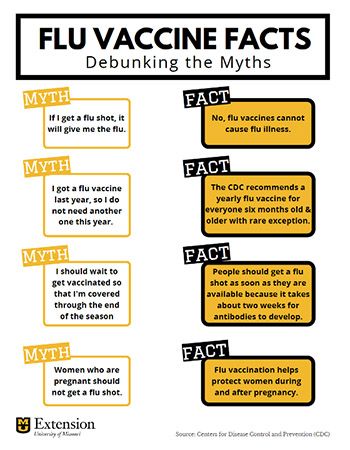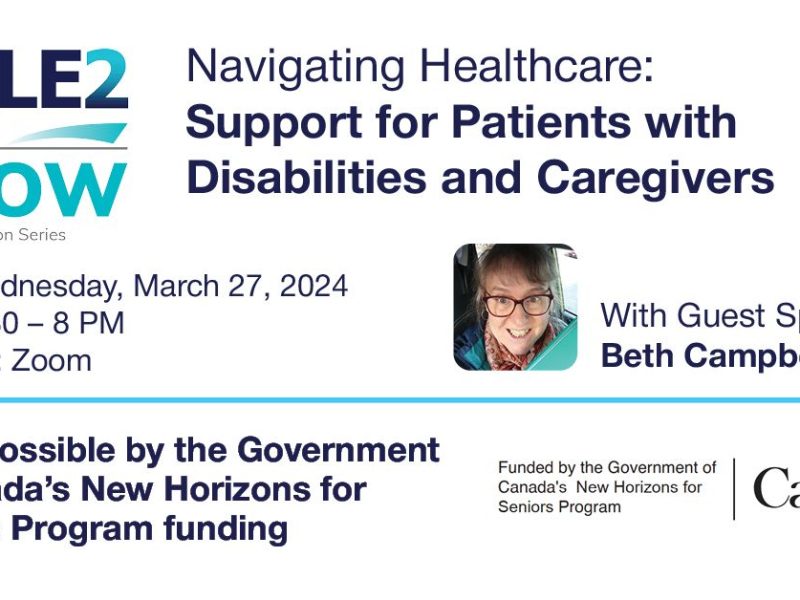When it comes to health and medicine, there are countless myths and misconceptions that circulate in society. These fallacies can often lead to confusion, anxiety, and even detrimental health decisions. As a tech-savvy individual, it’s important to separate fact from fiction when it comes to medical information. In this article, we’ll debunk some of the most common medical myths and misconceptions, using technology as a tool to clarify and demystify these false beliefs.
1. “You can get the flu from the flu shot.”
One of the most pervasive myths surrounding the flu shot is that it can actually give you the flu. This misconception likely stems from the fact that some people experience mild flu-like symptoms after receiving the vaccine. However, these symptoms are not the flu itself, but rather your body’s immune response to the vaccine. The flu shot cannot give you the flu, as it only contains dead viruses that are incapable of causing infection.
2. “Eating carrots will improve your eyesight.”
While it is true that carrots are a good source of vitamin A, which is essential for eye health, eating excessive amounts of carrots will not miraculously improve your eyesight. This myth likely originated during World War II, when the British government spread propaganda claiming that their pilots had excellent night vision due to their carrot consumption. In reality, a balanced diet rich in a variety of nutrients is key to maintaining good eye health.
3. “You should always finish a course of antibiotics.”
Contrary to popular belief, you should not always finish a course of antibiotics if your doctor has prescribed them. In recent years, there has been a shift towards responsible antibiotic use, as overuse and misuse can lead to antibiotic resistance. If you are feeling better before completing your antibiotic prescription, it’s important to consult with your healthcare provider before discontinuing treatment. They may determine that it is safe to stop taking the antibiotics early.
4. “Cracking your knuckles will give you arthritis.”
Many people have been told that cracking their knuckles will lead to arthritis later in life. However, there is no scientific evidence to support this claim. Knuckle cracking is simply the sound of gas bubbles in the synovial fluid in your joints being released, and it does not cause any harm to the joints themselves. While excessive knuckle cracking may irritate the surrounding tissues and lead to temporary swelling, it will not increase your risk of developing arthritis.
5. “Sugar causes hyperactivity in children.”
Parents often believe that giving their children sugar will cause them to become hyperactive and unruly. However, numerous studies have debunked this myth, finding no significant link between sugar consumption and hyperactivity in children. In reality, factors such as genetics, environment, and individual sensitivities play a much larger role in determining a child’s behavior. While it’s important to limit excessive sugar intake for overall health reasons, it is unlikely to cause hyperactivity.
Conclusion
As a tech-savvy individual, it’s important to approach medical information with a critical eye and rely on evidence-based research to separate fact from fiction. By debunking common medical myths and misconceptions, we can empower ourselves and others to make informed decisions about our health and well-being. Remember, technology can be a powerful tool for accessing accurate and up-to-date medical information, so utilize it wisely to stay informed and educated.


